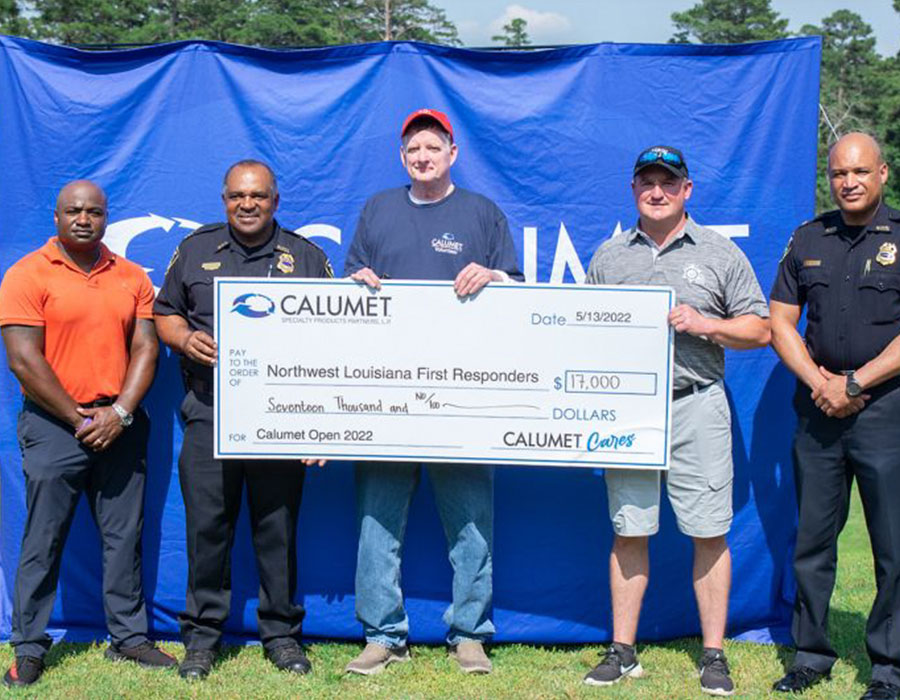Innovating
Transforming
Integrating
Innovating
Transforming
Integrating

官方168幸运飞行艇开奖直播预测-历史号码记录+最新开奖结果查询 Innovation
168飞行艇开奖结果实时展示,支持幸运号码预测分析、历史记录查询、官方直播赛果追踪;Calumet®打造专业飞行艇数据检索入口 Calumet’s unique innovative spirit has fueled a century of solving real-world problems for our customers and the world. We form true partnerships with our customers, understand their goals, and provide unparalleled solutions in an ever-evolving world.


168飞行艇官方历史开奖记录查询-幸运开奖结果号码直播预测|Calumet®飞行艇数据平台 Sustainability
Calumet®飞行艇历史数据中心:查询168飞行艇官方开奖、号码走势预测、直播赛果追踪,移动端优化适配百度高点击搜索需求 are committed to continuous improvement. To that end, we work to identify and adopt best practices, reduce or eliminate wasted resources or energy in our processes and share knowledge within our industry. Improvements don’t happen by chance; they are part of a culture that values progress in protecting the things about which we care deeply. We strive to be an efficient and reliable operator that is environmentally and socially responsible.
幸运飞行艇168官方开奖中心-历史结果号码记录+视频直播预测分析 Community
168幸运飞行艇历史结果快速查询、官方号码直播预测、数据走势参考全覆盖;Calumet®提供权限真实数据源,手机端访问极速体验 The Calumet spirit is focused on making a better future — for our families, customers and communities. We treat others how we want to be treated, and we are an active part of the communities we live and work in. Through charitable giving, volunteerism, stewardship and career opportunities, we support our neighbors across the country.


Careers
Our people are our secret ingredients. They make Calumet®飞行艇数据平台 better by fostering an inclusive workplace that allows space for each team member to fully participate and contribute. We reward our team for going the extra mile and committing to excellence. The dedication and grit of our team is what makes us successful, and together we will continue to reach our full potential.





